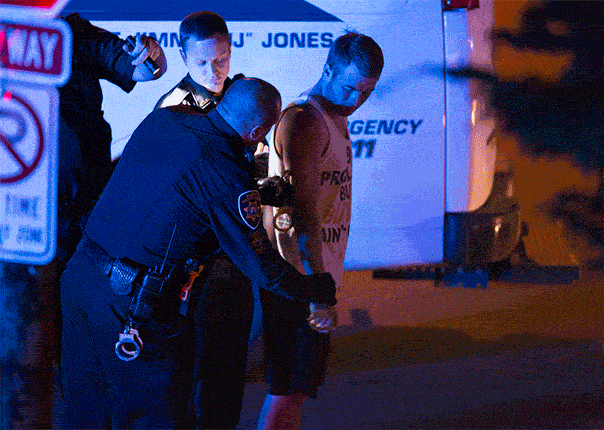 Incidents like the one in Ferguson have certainly attracted a great deal of attention to the problem of police brutality in the last couple of years; but how much was actually done to prevent further tragedies of this kind? Are we much better off than before?
Incidents like the one in Ferguson have certainly attracted a great deal of attention to the problem of police brutality in the last couple of years; but how much was actually done to prevent further tragedies of this kind? Are we much better off than before?
It depends on what you mean by ‘better off’. If you are speaking about current situation – no, it didn’t see any spectacular changes. If, however, you mean whether it moves in any direction – then yes, there are some improvements. Tragic as the recent incidents may be, they – and especially public reaction to them – have probably set the entire machine into motion.
Right now there are six major bills aimed at dealing with various aspects of police brutality and, hopefully, preventing them.
The most important is probably The Camera Authorization and Maintenance Act, which will make it obligatory for all officers of local and state law enforcement agencies to wear body cameras to provide reliable and easily obtainable evidence that will make it easy to define whether actions of a police officer in any particular situation are justified or not.
In the long run, if this is truly implemented, it will be one of the most important victories in battle with police brutality, because it will create a previously unheard-of transparency level. So far most cases of police brutality aren’t backed by anything but unsupported allegations of both witnesses and officers; if officers are going to wear cameras when on duty it will make it a much less grey area than before. It will not eliminate the problem in a moment, of course, but it will be an important step in the right direction.
Camera Authorization and Maintenance Act is not the only initiative in this area. There are, for example, bills aimed at stopping or at least controlling the ever-increasing militarization of police force in the US. Over the years, especially during the last two decades, American police have come to more and more resemble a military operation. Military-grade equipment and weaponry, like armed drones, high-caliber weapons, grenade launchers and explosives are being transferred to law enforcement agencies. Many consider this tendency to be troubling, to say the least.
Another practice the new legislation is supposed to remove is racial profiling. Although the first rule regarding it was issued as long ago as 2003, practice shows that situation didn’t change much since then. New racial profiling guidelines were issued in December 2014 – however, it will take time for them to truly be effective.
So, are we in for some changes? Only time will tell, but so far it seems that these several cases of police brutality, due to happening in close proximity from each other and having too much in common, have finally tipped the balance of public opinion, and it is not going to rest. Not immediately, but probably in a few years’ time we are likely to see changes that will make population trust the police once again.